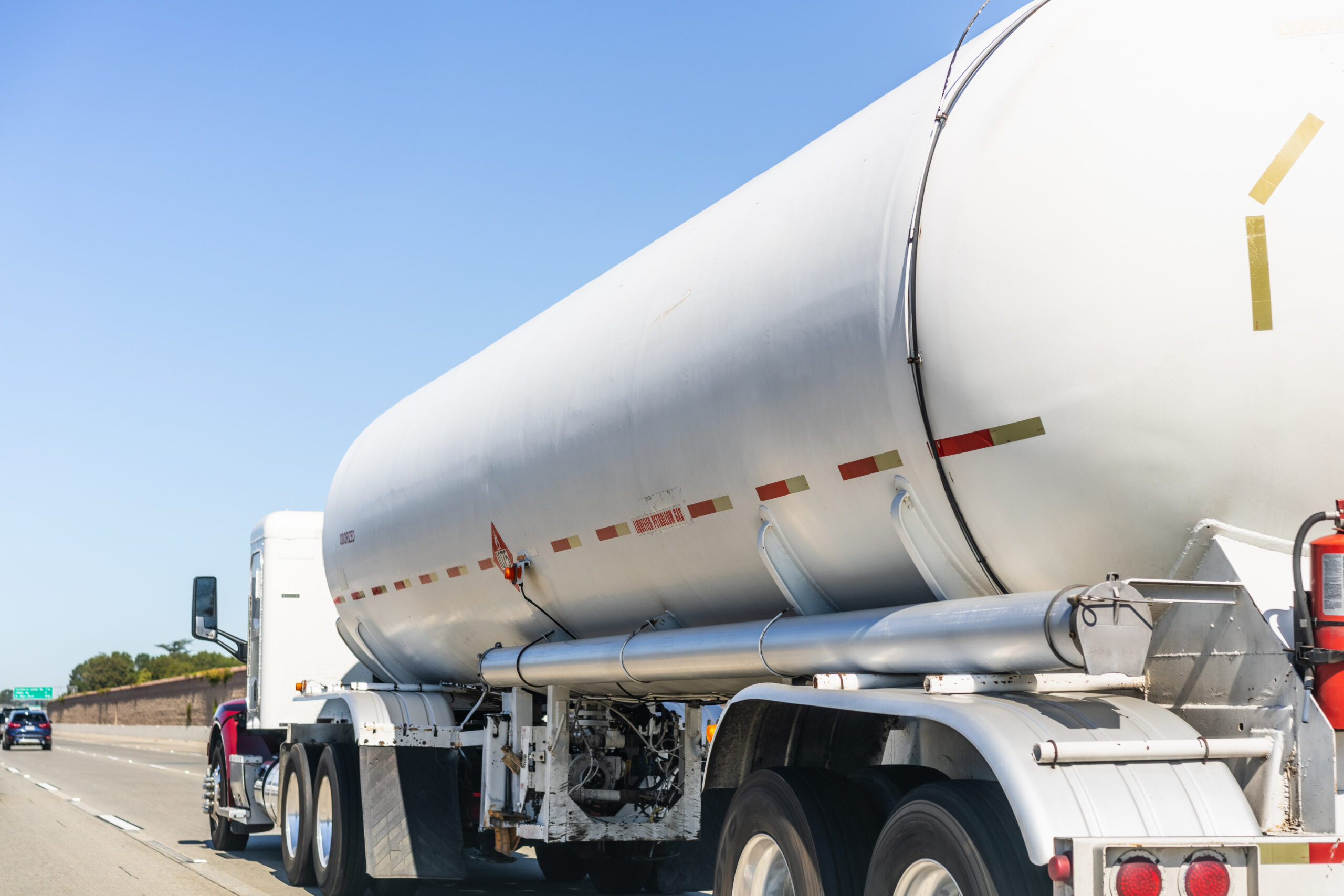
Propane Unplugged: How this Versatile Fuel Powers Businesses
Blog
Safe propane for your business
National delivery, local service
Tailored pricing to your business needs
Maryhill Winery is one of Washington State’s largest destination wineries. Located on the shores of the Columbia River Gorge, its remote setting meant natural gas was not an option and the winery needed an energy source it could depend on.
Years as a loyal customer
On-site bulk tanks
Different applications
Located on the scenic shores of the Columbia River Gorge, Maryhill Winery is one of Washington State’s largest destination wineries. Passion project of couple Craig and Vicki Leuthold, it produces an impressive 80,000 cases of wine each year with over 60 distinct bottle varieties and welcomes thousands of customers for tastings and events.
For over a decade, propane has been right at the heart of the winery’s success, fueling its demanding wine production process as well as providing a reliable and efficient source of heating and hot water for the premises and private onsite residence.
Propane is also used to provide cooking gas for the winery’s busy bistro, and powers its forklift trucks, ensuring smooth and efficient operations right across the board.
Maryhill winery’s idyllic, remote setting in America’s most unique wine region, meant natural gas was not an option for the business, and with high energy demands particularly during peak harvest season (September – early November), the winery needed an energy source it could fully depend on.
“We’re 25 miles from the closest natural gas source, so we needed to find an off-grid energy solution that could reliably meet our needs, especially during the busy harvest season,” says owner Craig Leuthold. “Electric was an option, but with large-scale wine production propane is just so much more efficient – there’s no comparison!
“Our biggest energy use comes from heating water, which is used to clean and sterilize our wine making equipment, and large volumes are needed to wash out our tanks, presses and crush pads.”
Rounding off the wine-making process, propane-powered glycol heaters are piped to the wine-filled tanks to precisely control the temperature, which fluctuates depending on what phase of fermentation it’s in.
Propane is used to meet all the winery’s heating and hot water needs, which includes several commercial-sized buildings, plus a x3 bed, 2.5-bathroom private onsite residence. Highly efficient, propane-powered forced air heaters are used across the premises, providing an even, comfortable temperature for staff and guests year-round.
Propane also powers numerous outdoor heaters situated on the winery’s large terrace area, allowing visitors to comfortably sit outside while enjoying the surrounding panoramic views of Mount Hood and the Columbia River.
Craig and Vicki Leuthold founded Maryhill Winery with a dream to not only produce exceptional wines, but also to provide a fully immersive, memorable experience for their customers.
“Our regionally inspired bistro is all part of the wine tasting experience that we provide,” adds Craig. “In the height of season, we’re catering for around 200-300 people each day, serving up regional specialties and perfect pairings for our wines. “It’s great that we’ve been able to extend our central propane supply to our busy bistro kitchen. It means we always have a reliable fuel source for our cooking stoves, and it’s just like cooking with natural gas.”
Propane is central to numerous operations at Maryhill Winery, and that includes three forklift trucks. Powerful, dependable and with great operational flexibility, propane-powered forklifts allow the business to keep productivity high year-round.
Each forklift has an 8-gallon tank attached, and refueling is quick and easy. “DCC Propane built us an onsite refill station so we can keep our forklifts consistently in operation without any costly downtime,” says Craig.
“This means we always have a store of additional tanks ready to go, which can be easily swapped out whenever we need them. The team trained us up on how to do this safely and quickly, and the best part is, they always keep us well stocked, so we never run out.”
Maryhill Winery has been a long-standing customer of DCC Propane for more than 10 years: “We were initially with another supplier, but we weren’t getting good value for money,” adds Craig. “Propane prices can fluctuate, but they didn’t adjust their pricing in line with this, which meant we were often paying over the odds.
“DCC Propane is so much more cost effective, and we continue to get custom pricing based on our individual energy needs. Also, when prices do fluctuate due to market conditions, our price per gallon changes too, so we benefit from a competitive rate all the time. Plus, the level of service is also fantastic, which is why we continue to remain such a loyal customer.”
DCC Propane Commercial Sales Manager Adam Cain adds: “Propane is vital to the operations at Maryhill Winery, and we know how essential it is that they have a consistent, dependable supply, along with a price that’s continually competitive and a service team that will always be there whenever they need.
“The team know they can call us whenever they need any support. We’re constantly monitoring their two 1000-gallon and one 2000-gallon tanks remotely, arranging refills whenever required and providing full safety checks and tank servicing. During peak harvest period, the frequency of refills increases, and we ensure Maryhill always has an ample supply for smooth operation. It’s our job to manage everything propane related, so they can get on doing what they do best!”